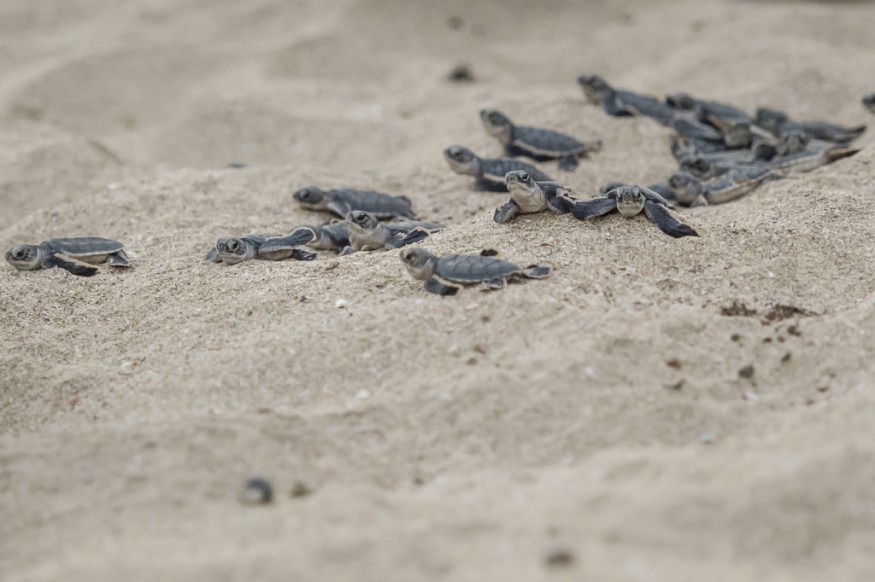Sea turtles of the peninsula Punta Chame in Panama are facing an existential threat over illegal harvest and human superstition, according to a new report by conservationists.
Emerging details reveal that aside from natural predation by eagles and dogs, olive ridley sea turtles are on the brink of extinction as poachers reportedly sold them for purported aphrodisiac qualities and long-held cultural beliefs by locals.
For years, the population of olive ridley turtles have been on the verge of significant decline, a threat similarly faced by rhinos and pangolins. With the continuance of human settlement expansion and activities, similar incidents are possible to persist unless drastic changes are made. These challenges have been voiced out by animal activists and conservationists before.
Human Superstition

Jorge Padilla, a conservationist at the non-governmental organization Fundacion Tortuguias, which collects and hatches the turtle eggs, stated that men in particular think that eating sea turtle eggs will enable them to feel more sexual pleasure, as cited by Science Alert.
The eggs of the protected olive ridley sea turtle has been reported illegally harvested from the beach and can be sold in each home in town for 75 cents to $1 due to their alleged property of being an aphrodisiac, which is known for increasing sexual stimuli and desire, as well as performance.
Padilla, along with other village volunteers, collect the freshly laid eggs and bury them under the sand at the nursery. Hundreds of eggs hatch annually between July and February, and the baby turtles are brought and released to the beach by volunteers, Science Alert reports.
Also Read: Hundreds of Dead Sea Turtles Washed Ashore in Mexican Coast, Experts Blame 'Ghost' Fishing Nets
Olive Ridley Turtles
The olive ridley sea turtle (Lepidochelys olivacea) species, widely called as the Pacific ridley sea turtle, has a globally distributed populations in the tropical regions of the Atlantic Ocean, Pacific Ocean, and Indian Ocean.
In the Atlantic, the sea turtle species can be found along the coasts of South America and West Africa. In the Eastern Pacific, the animals are located from Southern California to Northern Chile, according to the NOAA Fisheries, which said that the olive ridley turtles are among Earth's smallest sea turtles.
In spite of their global presence, the olive ridley population has declined historically due to overexploitation for turtle meat and eggs. In modern times, bycatch in fishing gear and harvesting of turtles or their eggs are the biggest threat facing olive ridleys, the NOAA Fisheries adds.
Olive Ridley Conservation Status
The olive ridley turtle has been classified by the International Union for Conservation of Nature (IUCN) as vulnerable, under its IUCN Red List of Threatened Species. Founded in 1946, the list, which is also called the Red Data Book, is the world's largest inventory of the global conservation status of different biological species.
In the case of L. olivacea, the IUCN states that the vulnerable classification means the population of the turtle reptile species is already decreasing. Breeding colony populations are also at risk since olive ridley turtle eggs are destroyed, preventing new turtle colony members to even hatch and live.
Related Article: Stranded Sea Turtle Warms Up at Oregon Coast Aquarium
© 2025 NatureWorldNews.com All rights reserved. Do not reproduce without permission.





